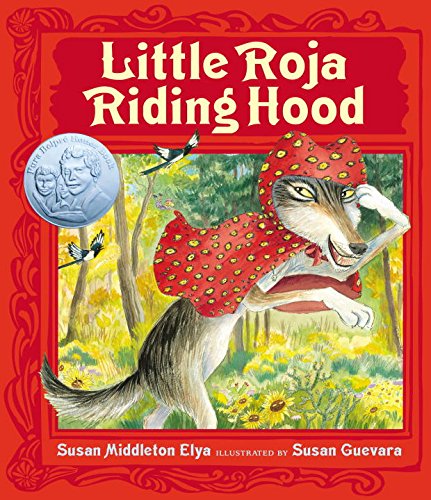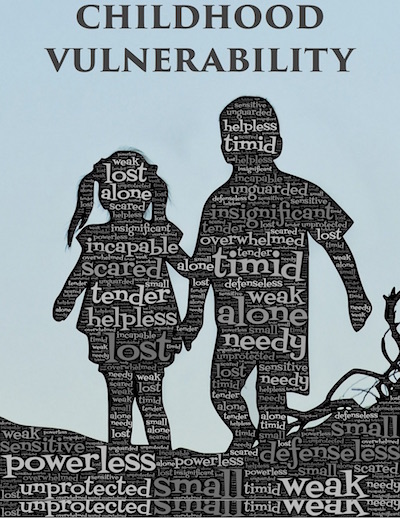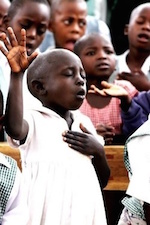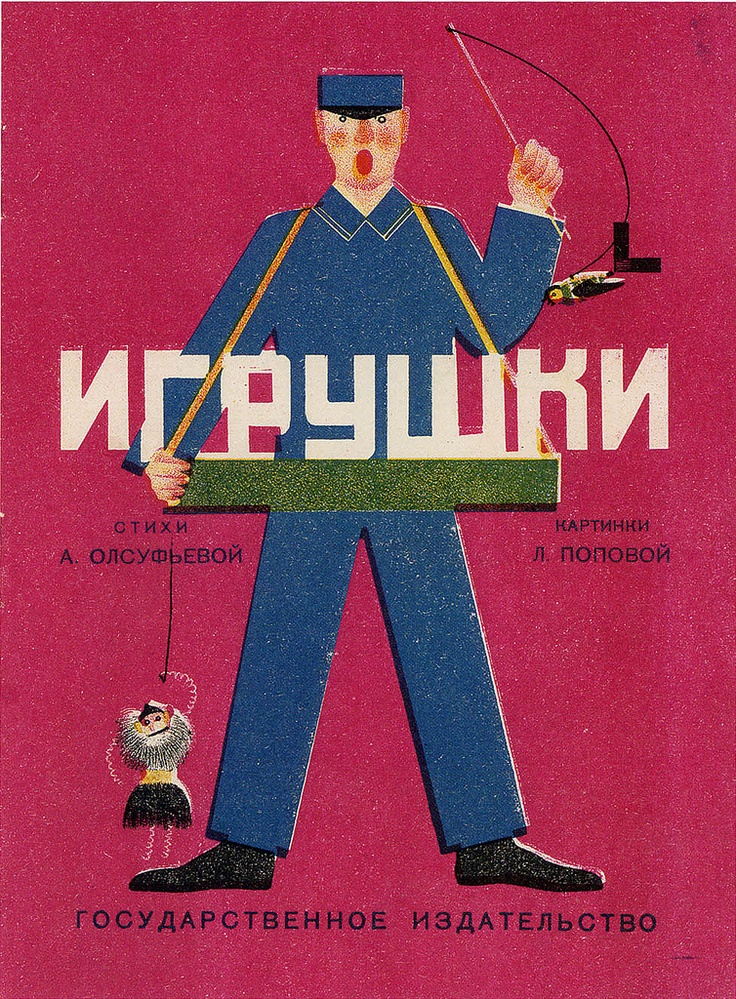By Dr. Megan McCaffrey and Dr. Katy E. Hisrich, Governors State University

I do believe something very magical can happen when you read a good book.
-J.K. Rowling
While it is important to know how to read aloud, it is also important to know what to read aloud. There is a vast number of books for children. Ipso facto it may prove daunting and even difficult to make selections for a read aloud. Continue reading









 Language binds the past to the present. With the advent of high-tech, wireless devices that is even more evident as people interact in new and unique ways reflecting rapid evolution in language. New words are born every day while other words slip into obscurity. In many ways, everyday language becomes a “fashion” as it mirrors social changes, trends, and contemporary issues. Historically linked language became really evident to me some weeks ago when I was watching a Korean reality show. An actor in his late 40’s used the word “Soviet” in place of Russia. When hearing this, other participants teased him as a veteran of the Ice Age.
Language binds the past to the present. With the advent of high-tech, wireless devices that is even more evident as people interact in new and unique ways reflecting rapid evolution in language. New words are born every day while other words slip into obscurity. In many ways, everyday language becomes a “fashion” as it mirrors social changes, trends, and contemporary issues. Historically linked language became really evident to me some weeks ago when I was watching a Korean reality show. An actor in his late 40’s used the word “Soviet” in place of Russia. When hearing this, other participants teased him as a veteran of the Ice Age. 